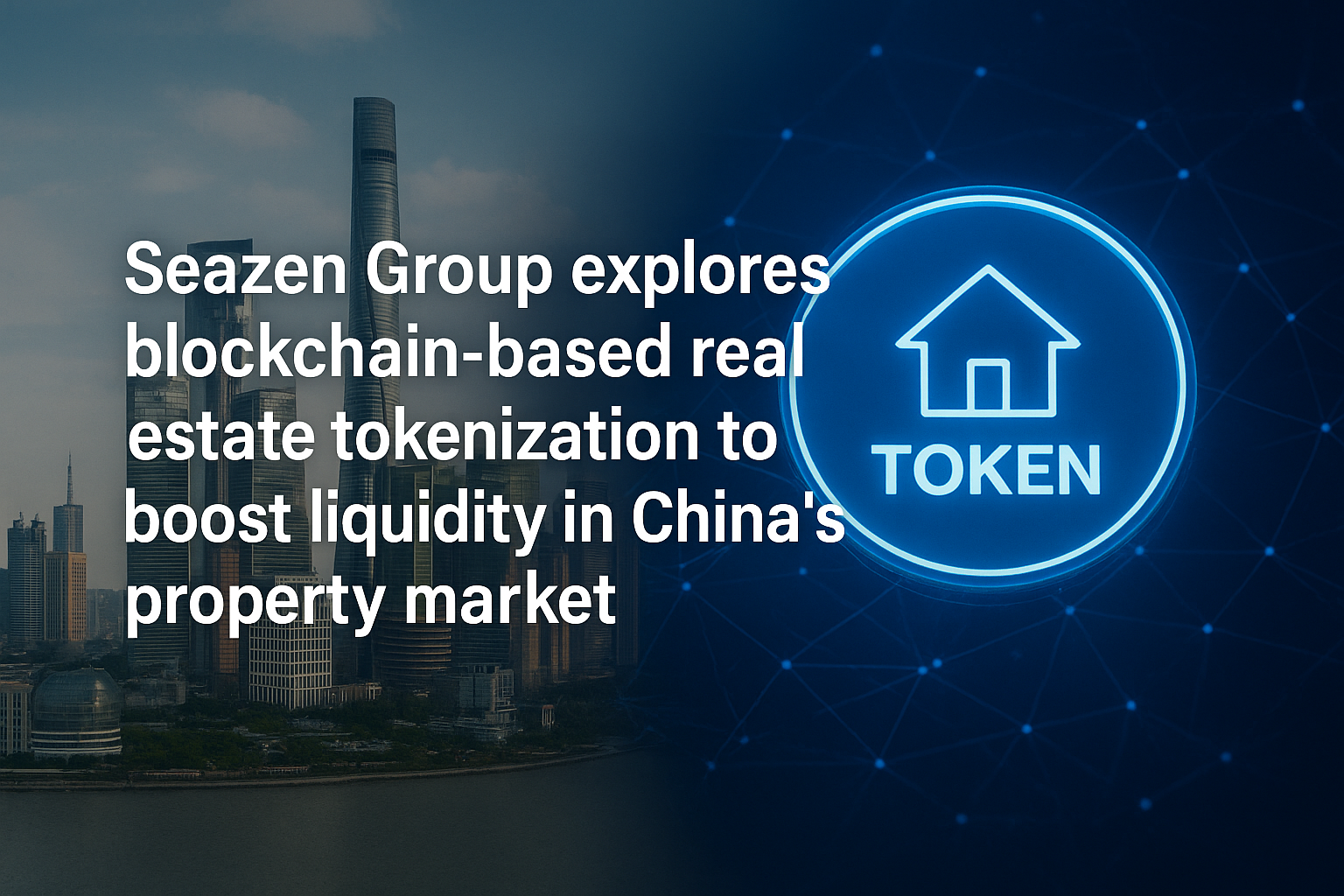The real estate market, traditionally known for its illiquidity and high entry barriers, is undergoing a transformative shift through the advent of blockchain technology. Real estate tokenization, the process of digitizing property assets into blockchain-based tokens, is revolutionizing the industry by enhancing liquidity, increasing transparency, and democratizing access to property investment. This innovative approach holds immense potential to reshape how investors, developers, and property owners interact with real estate.
What Is Real Estate Tokenization?
Real estate tokenization involves converting ownership rights to a property into digital tokens recorded on a blockchain. Each token represents a fractional share of the property, allowing multiple investors to own a portion without the need for direct involvement in managing the asset. These tokens can be traded on blockchain-based platforms, enabling seamless transactions and reducing traditional inefficiencies.
Key Benefits of Real Estate Tokenization
1. Enhanced Liquidity
One of the most significant challenges in real estate investment is its illiquid nature. Tokenization addresses this by enabling fractional ownership and allowing tokens to be traded on secondary markets. Investors can buy or sell their shares of a property with relative ease, ensuring quicker access to capital.
2. Increased Accessibility
Tokenization opens the doors of real estate investment to a broader audience. Instead of requiring large sums of capital to purchase an entire property, investors can own fractions of high-value properties, making it possible for more people to participate in lucrative real estate markets.
3. Transparency and Security
Blockchain technology ensures that every transaction is recorded on a distributed ledger, providing a transparent and tamper-proof record of ownership. Smart contracts further enhance security by automating and enforcing agreements, reducing the risk of fraud.
4. Global Investment Opportunities
Tokenization removes geographical barriers, allowing investors from around the world to access real estate markets in different countries. This global reach enhances diversification and fosters cross-border investment opportunities.
Use Cases of Real Estate Tokenization
Commercial Real Estate
Office buildings, shopping malls, and warehouses can be tokenized to attract a diverse group of investors. Token holders receive dividends based on rental income, making commercial real estate more accessible.
Residential Properties
Tokenized residential properties provide an opportunity for small-scale investors to own parts of high-end apartments or housing developments. This also allows developers to secure funding more efficiently.
Real Estate Funds
Tokenization can be applied to real estate investment trusts (REITs), making them more flexible and appealing to a broader audience by lowering minimum investment thresholds.
Challenges to Overcome
While the potential of real estate tokenization is vast, there are challenges to address:
- Regulatory Compliance: Different jurisdictions have varying rules regarding tokenized assets, creating a complex regulatory environment.
- Market Education: Investors and stakeholders need to understand the intricacies of blockchain and tokenization.
- Platform Standardization: The lack of universal standards for tokenized real estate platforms can hinder widespread adoption.
The Future of Real Estate Tokenization
The rise of real estate tokenization signals a new era for the property market. By addressing traditional inefficiencies and creating a more inclusive investment landscape, blockchain technology is poised to disrupt the industry. As regulatory frameworks evolve and technological advancements continue, tokenized real estate could become a mainstream investment vehicle, unlocking unprecedented opportunities for investors and property owners alike.
Real estate tokenization is not just a trend; it represents a fundamental shift in how we perceive and interact with property investments. The marriage of blockchain and real estate is setting the stage for a more liquid, transparent, and inclusive market—a future that is now within reach.




